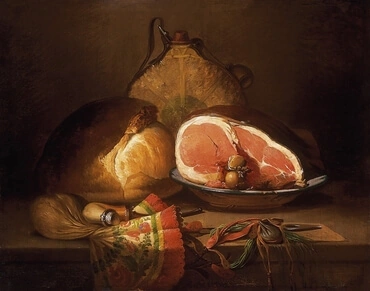1
LA parola che il profeta Geremia pronunziò a Baruc, figliuolo di Neria, quando scriveva quelle parole nel libro, di bocca di Geremia, l’anno quarto di Gioiachim, figliuol di Giosia, re di Giuda dicendo:
2
Così ha detto il Signore, l’Iddio d’Israele, a te, o Baruc:
3
Tu hai detto: Ahi lasso me! perciocchè il Signore ha sopraggiunta tristizia al mio dolore; io mi affanno ne’ miei sospiri, e non trovo alcun riposo.
4
Digli così tu: Così ha detto il Signore: Ecco, io distruggo ciò che io avea edificato, e divello quello che io avea piantato, cioè, tutto questo paese.
5
E tu ti cercheresti delle grandezze! non cercarle; perciocchè ecco, io fo venir del male sopra ogni carne, dice il Signore; ma io ti darò l’anima tua per ispoglia, in tutti i luoghi ove tu andrai.







